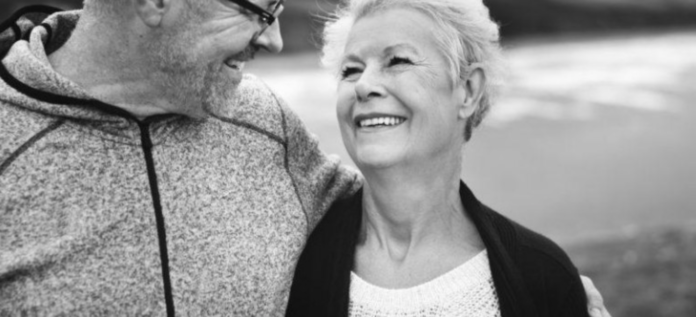It’s likely that more than 200 million people are living with osteoporosis, a medical condition marked by having fragile bones. This condition is especially common among older women, and it can be dangerous. (NCBI)
missing or outdated ad configThe Basic Facts of Osteoporosis
What Is Osteoporosis?
Everybody relies on their bones for strength, support, and more. Osteoporosis is a disease that weakens bones. As a result, bones are fragile and susceptible to risks like breaks and fractures. When combined with conditions like arthritis, osteoporosis can make tasks like moving around risky and painful.
Potential Outcomes of Osteoporosis:
- Breaks and fractures
- Complications resulting from breaks & fractures
- Poor posture
- Limited mobility
What Causes It?
For many people, osteoporosis is a side effect of ageing. However, it can be exacerbated and accelerated by conditions like rheumatoid arthritis, stroke, and some cancers. Some medications and negative habits, like poor nutrition, can also contribute.
Diagnosing Osteoporosis
Osteoporosis is diagnosed through a bone mineral density (BMD) test. Other exams and laboratory tests are sometimes administered as well.
(National Osteoporosis Foundation)
Preventing and Managing Osteoporosis
Prevention Tips
Preventing osteoporosis protects seniors from bone-related problems.
Consider incorporating the following:
- Calcium
- Vitamin D
- Regular exercise
- A balanced diet
Managing Osteoporosis
- Learn to prevent falls and what to do in case of a fall
- See a doctor for regular monitoring of disease progression
- Eat a bone-healthy diet and subscribe to an exercise regimen
- Take medication to treat osteoporosis
Symptoms of Osteoporosis
If you are experiencing any of the following signs of bone loss, it is essential you be screened for osteoporosis and other bone-related diseases.
- Loss of height
- Aches without injury
- Poor posture
- Oral bone loss conditions
- Regular fractures
Risk Factors
- Being a woman
- Getting older
- Being of Caucasian or Asian descent
- Family history
- Small body frame
- Unhealthy diet
- Lack of exercise
Home Care Tip
Since seniors are at higher risk of osteoporosis and falling, it’s important for you to learn how to avoid falls, including how to arrange a home safely as well as getting up and getting down safely.


